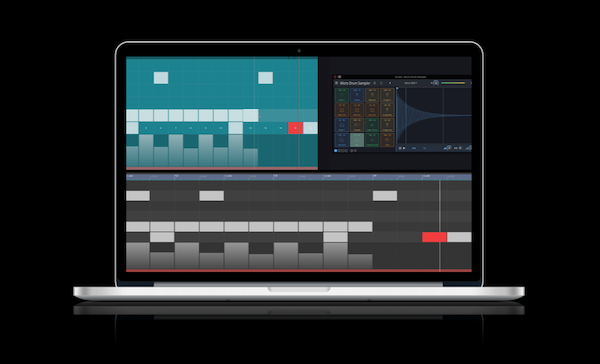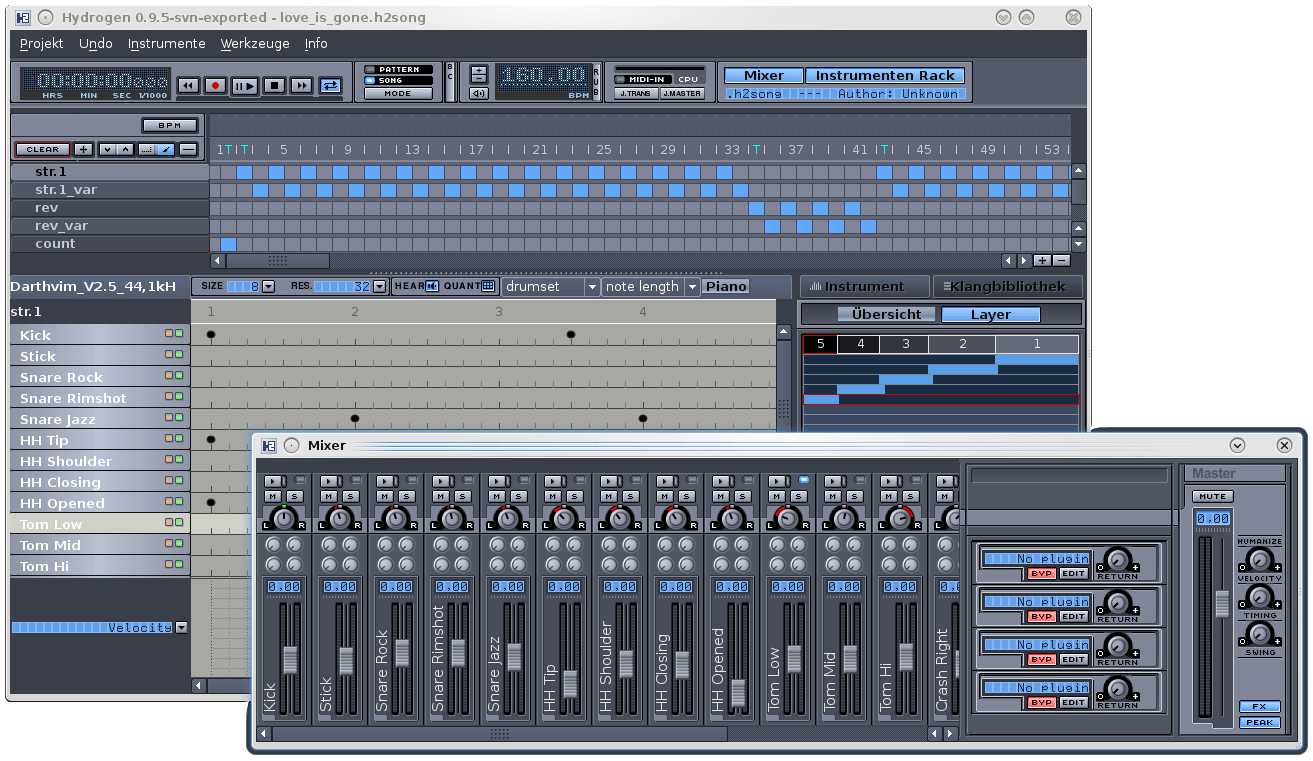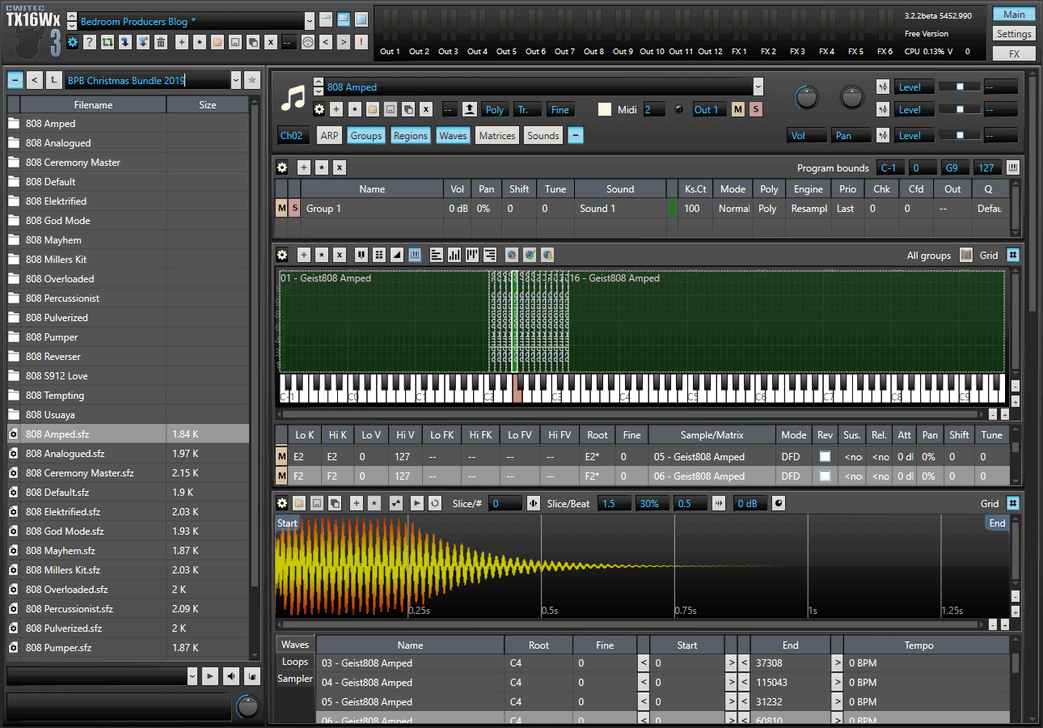


I will also examine what types of work have been produced as a result of sampling’s greater accessibility and the discourse that surrounds them. Put simply, I will question whether an increased accessibility to sampling enables a greater number of individuals to put into practice their ideas and express themselves than if the technology and means with which to utilise it (i.e. In this paper, I will explore to what extent the increased accessibility of sampling has contributed to the aforementioned notion of the democratisation of music production. In varying forms the technique of sampling, that is taking a segment of sound (the ‘sample’) from a pre-existing recording and re-contextualising it into a new composition, has in the last thirty years increasingly been used as the basis of (or integrated into) a variety of musical styles, sound works and innovative new multimedia works.


It is partially this change in the perception of what constitutes a producer that has lead some to suggest that music production as a whole, rather than the just the role of the producer, is in the midst of democratisation. In the last fifty years however, philosophical changes have occurred in relation to music production1 which, along and the advances in technology, have led to the term ‘producer’2 becoming broadened and commonly associated with the composer of the work (Moorefield 2008, xiii). Clear lines were drawn between the composers (the musicians and artists) and the technically trained producers and sound engineers that recorded, edited and mixed compositions. The production of music has traditionally been associated with those privileged enough to be able to afford the equipment and studio time, through personal means or more commonly through record label funds. AccessibilityĬultural Commons Chapter Three: Do It Yourselfīaile Funk Chapter Four: Recontextualisation Thank you to: Allyson Stephens, for her endless help and encouragement throughout the writing of this dissertation my mother, for her invaluable help with unravelling the ideas in my head all my family, for their constant love and support and my supervisor, David Mollin, for listening and helping me to refine my argument.Ĭhapter One: Technology vs. How does the increased accessibility of sampling contribute to the notion of the democratisation of music production?


 0 kommentar(er)
0 kommentar(er)
